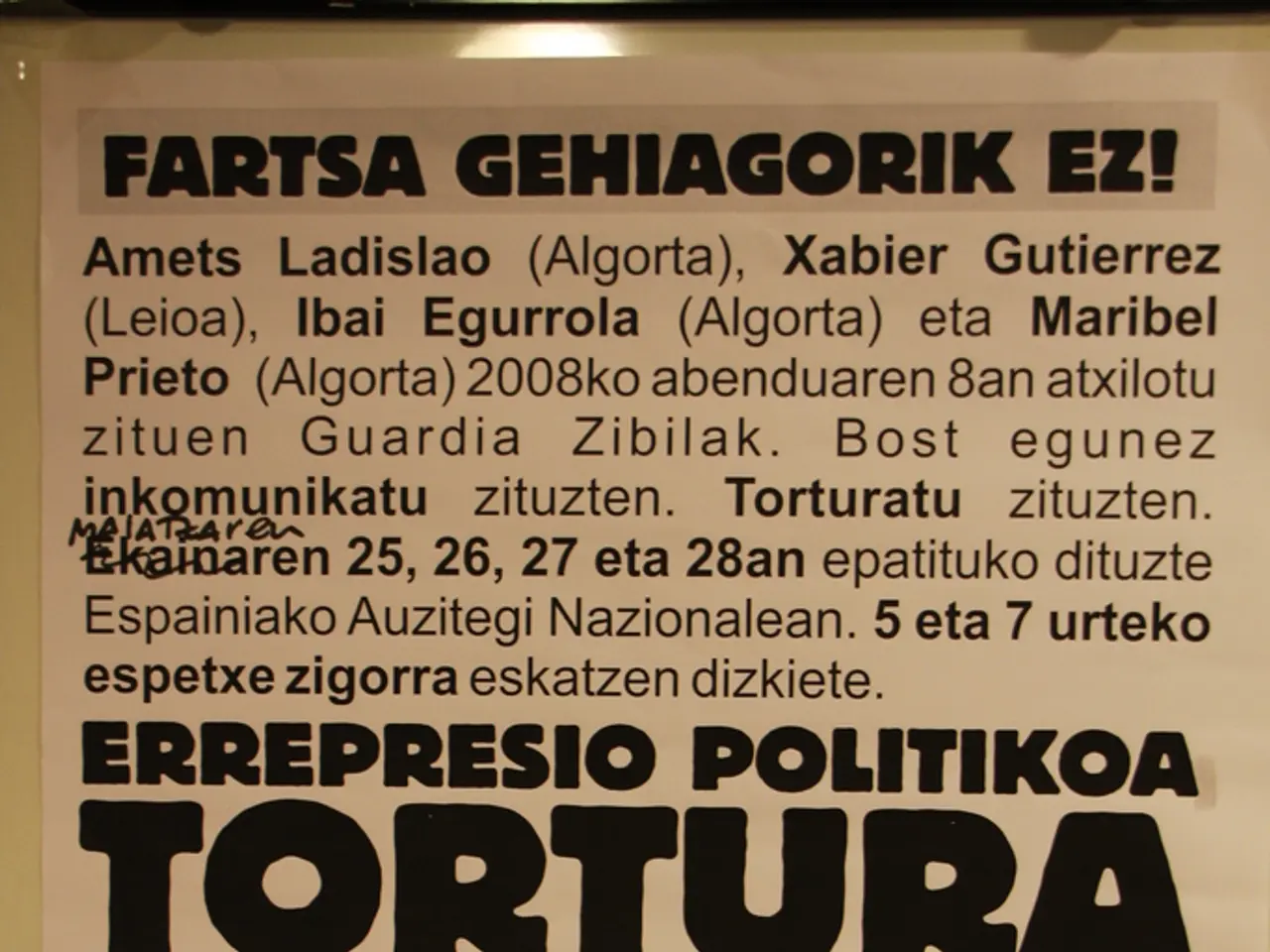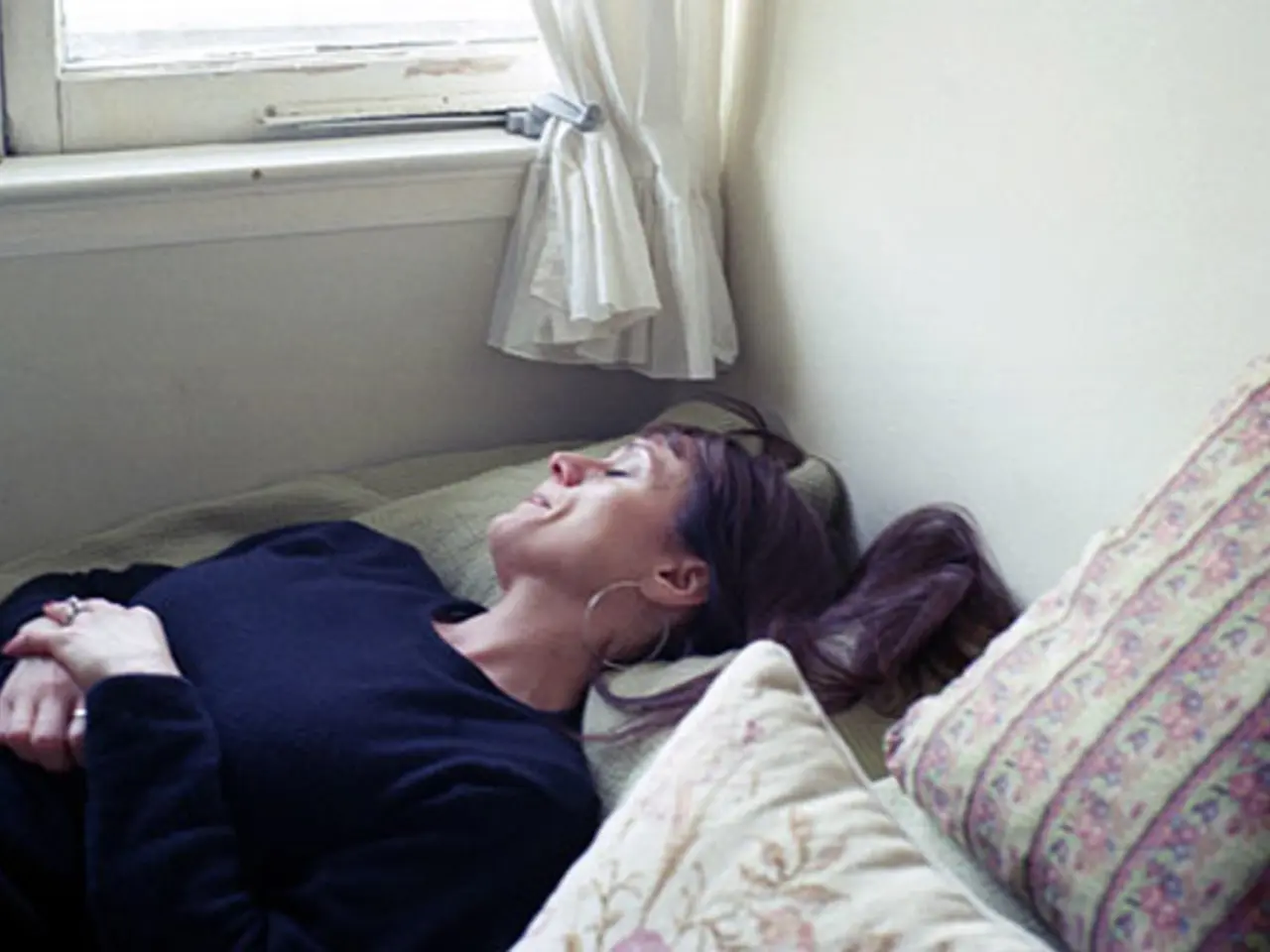Decrease in Prostitution Establishments Across Bavaria - Reduced prevalence of sex workers and brothels discovered in Bavaria
Decline in Bavaria's Prostitution Industry: A Look at the Current State
The State Office of Statistics in Furth, located in Bavaria, has reported a significant downward trend in the number of people working in the prostitution industry and the number of brothels in the Free State of Bavaria.
According to the report, released at the end of December 2024, there were 387 registered brothels in Bavaria, marking a 7.6% decrease compared to the previous year. Simultaneously, the number of officially registered prostitutes decreased by 4.2% to 4,761.
These figures suggest that the pandemic-related trend in the number of people working in the prostitution industry in Bavaria has been halted. However, the report indicates that there have been fluctuations in the number of people working in the industry due to the COVID-19 crisis.
Since the implementation of the Prostitute Protection Act in 2017, the State Office of Statistics in Furth has been collecting data on the prostitution industry in Bavaria. The Act mandates the collection of data on people working in prostitution and the industry itself.
The decline in the number of prostitutes and brothels can be attributed to several factors. Stricter regulations and legal changes, such as the Prostitute Protection Act, have increased oversight and led to some closures and a reduction in visible prostitution in regulated venues. Additionally, there has been a stronger focus on combating human trafficking and illegal prostitution, leading to crackdowns on unlicensed brothels.
The COVID-19 pandemic also had a significant impact on prostitution in Bavaria. The closure of brothels and lockdowns from 2020 onward led to an immediate and significant reduction in street prostitution and brothel operations. Many sex workers faced economic hardship, and some left the profession or moved to less visible and less regulated forms of sex work.
Post-pandemic recovery has been slow due to ongoing restrictions, health concerns, and shifts in demand. However, the report indicates that new registrations have followed the initial strong decrease in the number of people working in the prostitution industry due to the COVID-19 crisis.
For detailed and up-to-date statistics or specific studies, please provide additional or relevant sources. This article provides a general explanation based on existing knowledge up to 2024.
In light of the decline in Bavaria's prostitution industry, there might be a need for a review of the community policy in relation to sex workers and brothels, taking into account the health-and-wellness aspect, including sexual health, in the employment policy for this sector. Furthermore, considering the impact of the pandemic on the industry, it might be worth exploring the adoption of science-based measures to ensure the safety and well-being of those employed in the prostitution industry under the employment policy framework.




